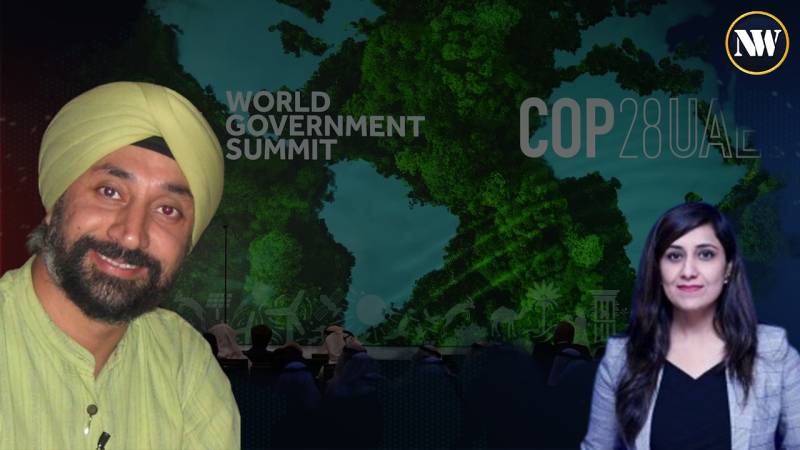The conclusion of the 28th Conference of the Parties (COP28) in Dubai, UAE, marked a pivotal moment in the global fight against climate change. This conference has been hailed as historic due to a groundbreaking decision made on the very first day regarding the operationalization of the Loss and Damage Fund. While this achievement is unprecedented, it is not without its criticisms, sparking discussions on the complexities and challenges that lie ahead.
A defining moment of COP28 was the decision to operationalize the Loss and Damage Fund. This move is unprecedented in the history of COP, where major decisions are usually made after prolonged negotiations. The decision reflects heightened political momentum and underscores the urgency of addressing loss and damage associated with climate change. However, the historic achievement is accompanied by several challenges and criticisms.
One major concern is the lack of specificity in certain aspects. For example, the absence of a clear linkage to a specific financial scale raises questions about how much funding is needed to address loss and damage adequately. Additionally, challenges related to capitalization, especially regarding the initial funding required, cast doubts on the fund's practical implementation. The issue of debt distress in around 17 countries further emphasizes the need for just and equitable terms in dealing with these challenges.
COP28 also witnessed the successful completion of the Global Stocktake, a crucial evaluation of climate actions and support for each country. The discussion on transitioning away from fossil fuels by 2050 marked a significant development, with both positive and contested aspects.
In some ways, the inclusion of language committing to transition away from fossil fuels by 2050 was a notable achievement. However, concerns were raised about the inclusion of terms like "abatement," which encompasses risky technologies such as nuclear and unproven methods like carbon removal. The need for a just, orderly, and equitable transition was emphasized, particularly for developing countries facing unique challenges.
In addition to that, COP28 addressed the critical issue of adaptation by establishing a two-year work program to develop a Global Goal for Adaptation. While progress was made, there are concerns about the specificity and robustness of the agreed-upon targets. The targets related to adaptation were criticized for lacking specificity and measurability. There is a call for a more comprehensive and detailed approach to ensure effective measurement and implementation. The core challenge remains the provision of adequate finance for developing countries to implement their adaptation plans.
COP 28 saw increased pressure on developing countries to agree to methane emission cuts by 2030. The discussion highlighted the challenges faced by developing nations in reducing emissions linked to agriculture and livestock. Developing countries expressed concerns about unfair pressure, especially regarding emissions linked to food security and basic survival. Additionally, the need for technology and assistance to reduce these emissions was emphasized.
As the focus shifts to COP29, the expectations and challenges for the global community, especially civil society, are high. Key areas of attention include the implementation of the Loss and Damage Fund, detailed discussions on specific targets for fossil fuel transition, and the development of robust targets and metrics for the Global Goal on Adaptation. COP29 is designated as the finance COP, putting a spotlight on the need for substantial financial commitments.


